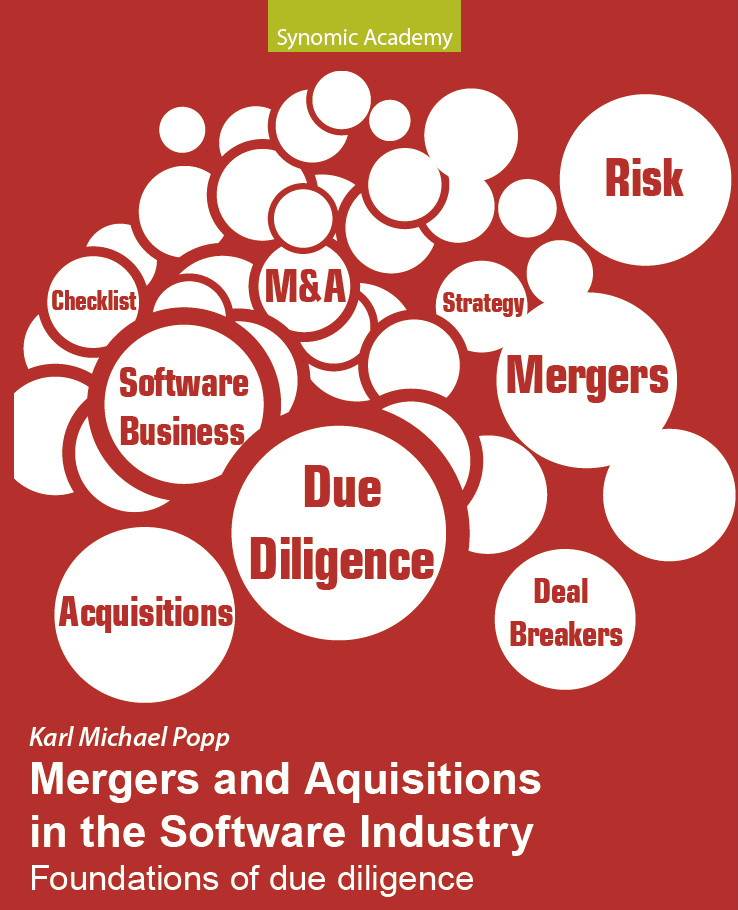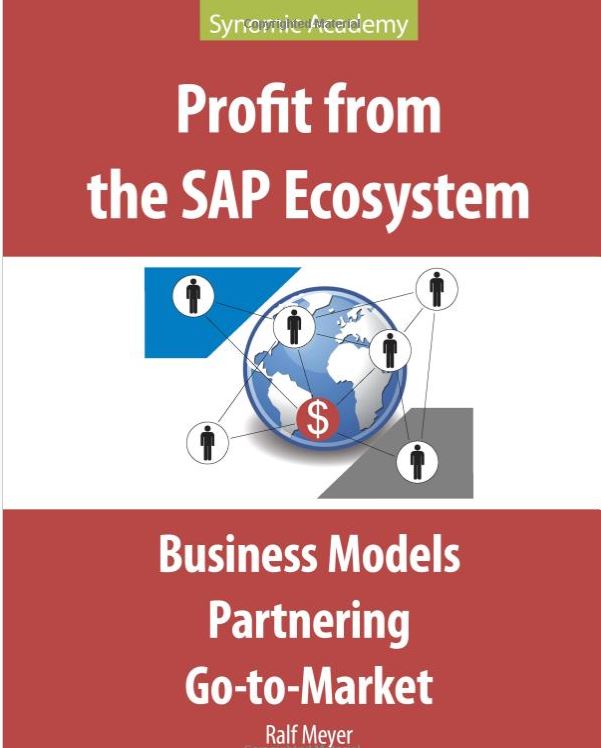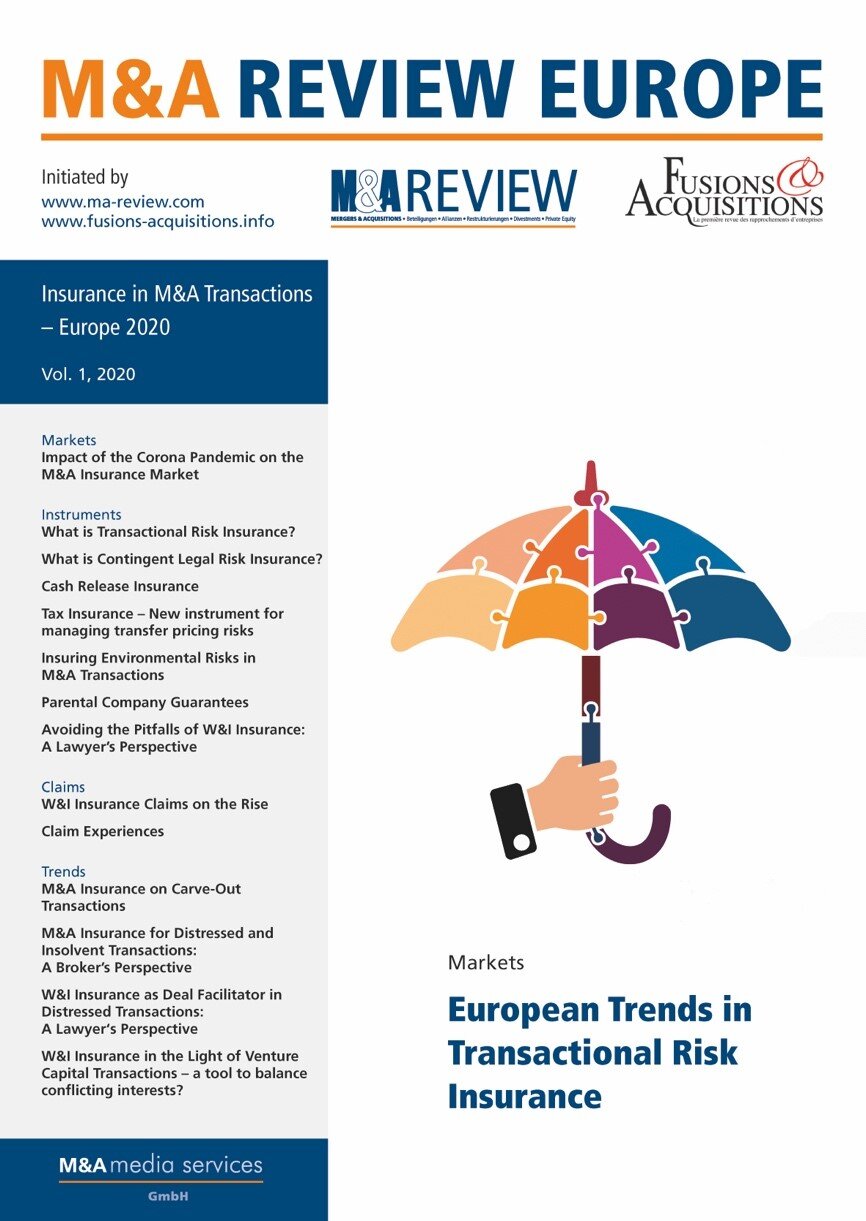Portfoliomanagement in times of deglobalization
In recent years, we have witnessed a notable shift towards deglobalization, a term describing the reduction of interdependence and integration among nations. As this trend gains momentum, it is essential for investors and portfolio managers to adapt their strategies to effectively navigate the changing global landscape.
One of the key challenges arising from deglobalization is the potential increase in trade barriers and protectionist policies. This can have a significant impact on the performance of multinational corporations, which often rely on global supply chains and international markets. Portfolio managers need to carefully assess the exposure of their portfolios to such risks and consider diversifying their holdings across different regions and markets.
Another aspect to consider is the changing dynamics of global currency flows. With deglobalization, currency fluctuations may become more volatile, adding an additional layer of complexity to portfoliomanagement. It becomes crucial to closely monitor currency trends and incorporate risk management strategies to hedge against potential currency risks.
Furthermore, the rise of deglobalization can lead to shifts in industry landscapes and investment opportunities. Certain sectors that were previously thriving due to globalization may now face headwinds, while others may benefit from localized production and regional trade. Portfolio managers must stay ahead of these trends, conducting rigorous research and analysis to identify emerging sectors and companies that are well-positioned for success.
Additionally, geopolitical factors play a significant role in portfoliomanagement during deglobalization. Understanding the political landscape and potential risks associated with geopolitical tensions is crucial for making informed investment decisions. By staying well-informed and maintaining a flexible approach, portfolio managers can navigate these complex geopolitical dynamics with greater confidence.
In conclusion, portfoliomanagement in times of deglobalization requires a proactive and adaptive approach. By assessing and diversifying exposure to trade barriers, monitoring currency trends, identifying emerging sectors, and staying alert to geopolitical risks, investors and portfolio managers can position themselves for success in this evolving global landscape.









